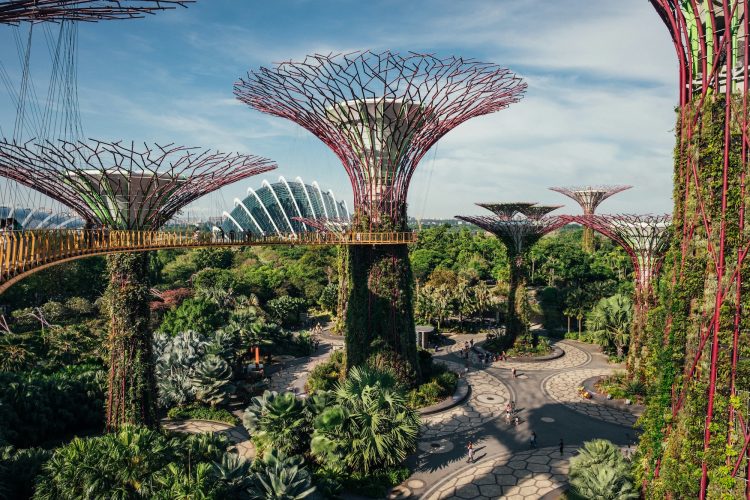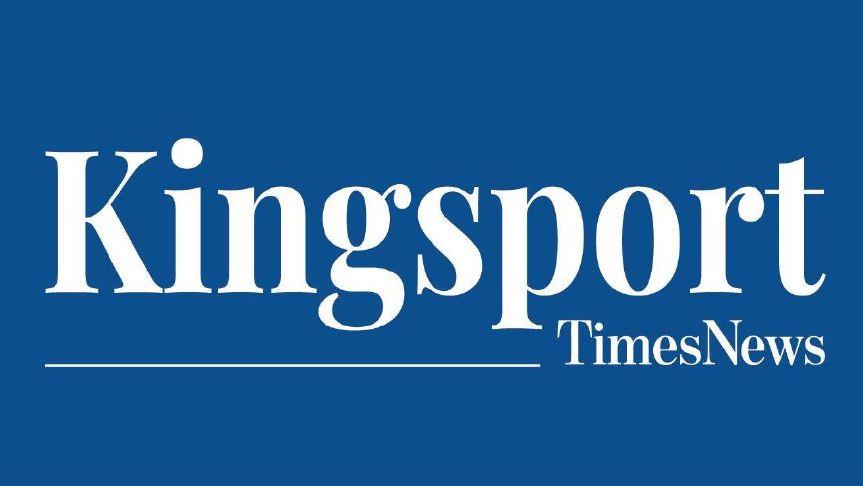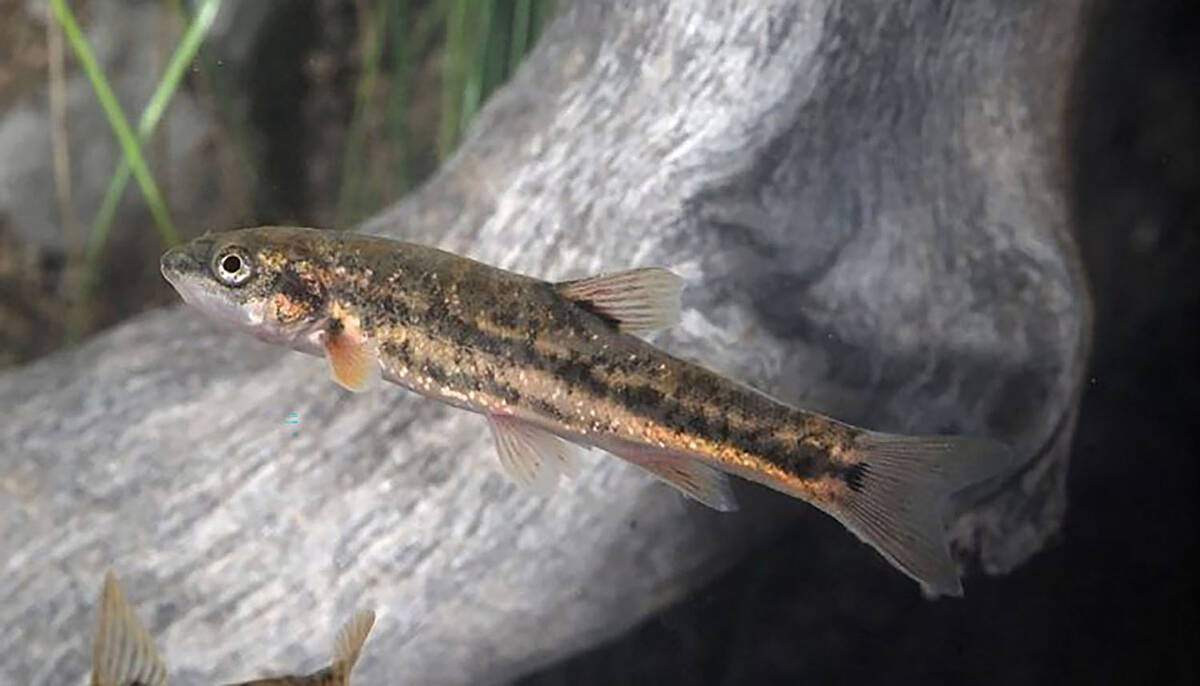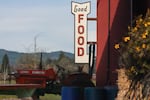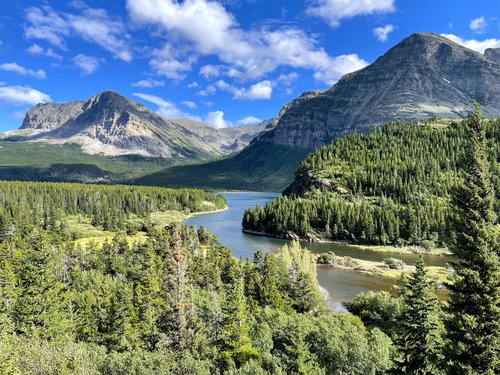King Abdulaziz Royal Reserve launches first ecotourism Tawqi Season – TradeArabia
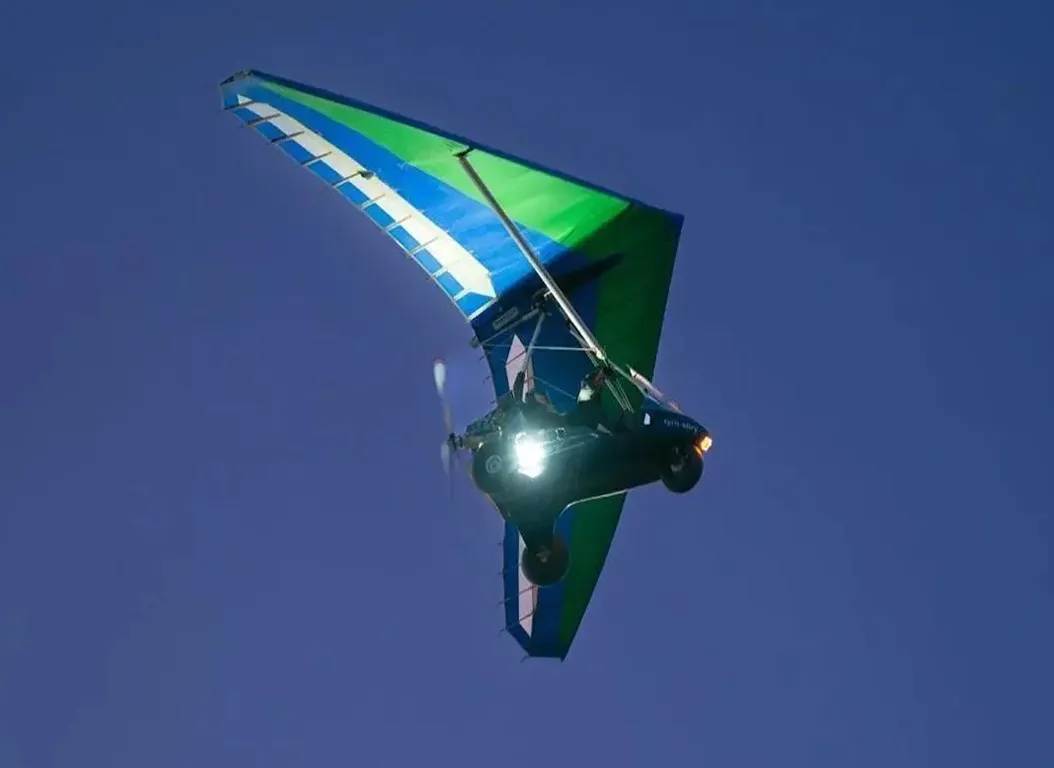
Report on the Inaugural Tawqi Ecotourism Season and its Alignment with Sustainable Development Goals
Introduction and Strategic Overview
The King Abdulaziz Royal Reserve Development Authority has initiated its first integrated ecotourism season, designated the “Tawqi Season,” scheduled from October 2025 to April 2026. This initiative represents a significant step in aligning national tourism development with the United Nations Sustainable Development Goals (SDGs) and the objectives of Saudi Vision 2030.
- Objective: To establish the reserve as a leading national destination for sustainable tourism.
- Core Principle: To balance the protection of natural ecosystems with the provision of unique tourism experiences.
- Strategic Goal: To enhance environmental awareness and conserve the reserve’s biodiversity, contributing directly to global sustainability targets.
Contribution to Specific Sustainable Development Goals (SDGs)
The Tawqi Season is structured to make tangible contributions to several key SDGs:
- SDG 15: Life on Land: The primary mission, as stated by Authority CEO Maher Al-Gothmi, is to conserve the reserve’s rich biodiversity for future generations. This directly supports SDG 15 by focusing on the protection and sustainable use of terrestrial ecosystems.
- SDG 8: Decent Work and Economic Growth: By developing and promoting sustainable tourism, the initiative fosters local economic opportunities. This aligns with Target 8.9, which aims to devise and implement policies for sustainable tourism that creates jobs and promotes local culture.
- SDG 12: Responsible Consumption and Production: The project serves as a model for sustainable tourism practices, encouraging responsible engagement with natural resources and promoting patterns of sustainable consumption among visitors from within and outside the Kingdom.
- SDG 3: Good Health and Well-being: The season offers activities focused on relaxation, meditation, and physical engagement with nature, which promotes mental and physical well-being.
- SDG 4: Quality Education: A central aim is to raise environmental awareness among visitors. This contributes to Target 4.7 by promoting education for sustainable development and appreciation for biodiversity and cultural heritage.
Ecotourism Activities Promoting Sustainable Engagement
The activities offered are designed to provide low-impact, high-value experiences that connect visitors with the natural and cultural heritage of the reserve, thereby fostering a sense of stewardship:
- Paragliding
- Horseback and camel riding
- Cycling
- Opportunities for relaxation and meditation
- Heritage trips
- Birdwatching
- Nature photography
Analysis of Sustainable Development Goals in the Article
1. Which SDGs are addressed or connected to the issues highlighted in the article?
The article on the King Abdulaziz Royal Reserve’s Tawqi Season connects to several Sustainable Development Goals (SDGs) through its focus on ecotourism, environmental conservation, and sustainable development.
- SDG 8: Decent Work and Economic Growth: The launch of an “integrated ecotourism season” is an economic initiative designed to create jobs and generate revenue through tourism activities like paragliding, horseback riding, and guided trips. This promotes sustainable economic growth within the region.
- SDG 11: Sustainable Cities and Communities: The initiative aims to strengthen the reserve as a “leading national destination,” which contributes to making human settlements inclusive, safe, resilient, and sustainable. It specifically touches upon safeguarding cultural and natural heritage through “heritage trips” and preserving the natural landscape for quality of life.
- SDG 12: Responsible Consumption and Production: The project is explicitly framed as “sustainable tourism.” This aligns with the goal of ensuring sustainable consumption and production patterns by creating tourism experiences that are environmentally low-impact and socially responsible.
- SDG 15: Life on Land: This is the most prominent SDG in the article. The core mission of the authority is “balancing protecting natural ecosystems with providing unique tourism experiences” and to “conserve the reserve’s rich biodiversity for future generations.” This directly addresses the goal of protecting, restoring, and promoting the sustainable use of terrestrial ecosystems.
2. What specific targets under those SDGs can be identified based on the article’s content?
Based on the activities and goals described, the following specific SDG targets can be identified:
- Target 8.9: “By 2030, devise and implement policies to promote sustainable tourism that creates jobs and promotes local culture and products.” The launch of the Tawqi Season is a direct implementation of a policy to promote sustainable ecotourism, offering activities like “camel riding” and “heritage trips” that promote local culture.
- Target 11.4: “Strengthen efforts to protect and safeguard the world’s cultural and natural heritage.” The entire initiative is centered around the King Abdulaziz Royal Reserve, a significant area of natural heritage. The authority’s stated vision is to balance tourism with “protecting natural ecosystems,” which is a direct effort to safeguard this heritage.
- Target 12.b: “Develop and implement tools to monitor sustainable development impacts for sustainable tourism…” The establishment of an organized “ecotourism season” by a development authority is a tool to manage and structure tourism in a sustainable manner, aiming to be a “leading national destination for sustainable tourism.”
- Target 15.1: “By 2020, ensure the conservation, restoration and sustainable use of terrestrial and inland freshwater ecosystems and their services…” The article’s emphasis on the authority’s vision to “conserve the reserve’s rich biodiversity for future generations” directly aligns with the conservation and sustainable use of terrestrial ecosystems.
- Target 15.9: “By 2020, integrate ecosystem and biodiversity values into national and local planning, development processes…” The project is part of Saudi Arabia’s “Vision 2030 goals for environmental sustainability,” demonstrating the integration of ecosystem and biodiversity values into national development planning.
3. Are there any indicators mentioned or implied in the article that can be used to measure progress towards the identified targets?
The article, being an announcement, does not provide quantitative data but implies several indicators that could be used to measure progress:
- Number of Visitors: The statement that the season “now welcomes visitors from both inside and outside the Kingdom” implies that visitor numbers will be a key metric for the success of the tourism initiative (relevant to Target 8.9).
- Duration and Scope of the Ecotourism Season: The specific timeframe (“October 2025 to April 2026”) and the “wide range of activities” offered are direct indicators of the scale and implementation of the sustainable tourism policy (relevant to Target 8.9 and 12.b).
- Level of Environmental Awareness: The stated aim to “raise environmental awareness” suggests that progress could be measured through visitor surveys, educational program participation, or feedback mechanisms designed to assess changes in attitude and knowledge about conservation (relevant to Target 15.1).
- Status of Biodiversity: The goal to “conserve the reserve’s rich biodiversity” implies the use of ecological indicators. Progress would be measured by monitoring wildlife populations (e.g., through “birdwatching” data), habitat health, and the overall state of the natural ecosystems within the reserve (relevant to Target 15.1).
4. Summary Table of SDGs, Targets, and Indicators
| SDGs | Targets | Indicators (Identified or Implied in the Article) |
|---|---|---|
| SDG 8: Decent Work and Economic Growth | 8.9: Promote sustainable tourism that creates jobs and promotes local culture. |
|
| SDG 11: Sustainable Cities and Communities | 11.4: Strengthen efforts to protect and safeguard the world’s cultural and natural heritage. |
|
| SDG 12: Responsible Consumption and Production | 12.b: Develop and implement tools to monitor sustainable development impacts for sustainable tourism. |
|
| SDG 15: Life on Land | 15.1: Ensure the conservation, restoration and sustainable use of terrestrial ecosystems. 15.9: Integrate ecosystem and biodiversity values into national planning. |
|
Source: tradearabia.com
What is Your Reaction?
 Like
0
Like
0
 Dislike
0
Dislike
0
 Love
0
Love
0
 Funny
0
Funny
0
 Angry
0
Angry
0
 Sad
0
Sad
0
 Wow
0
Wow
0


